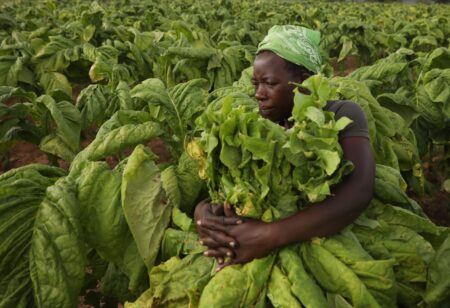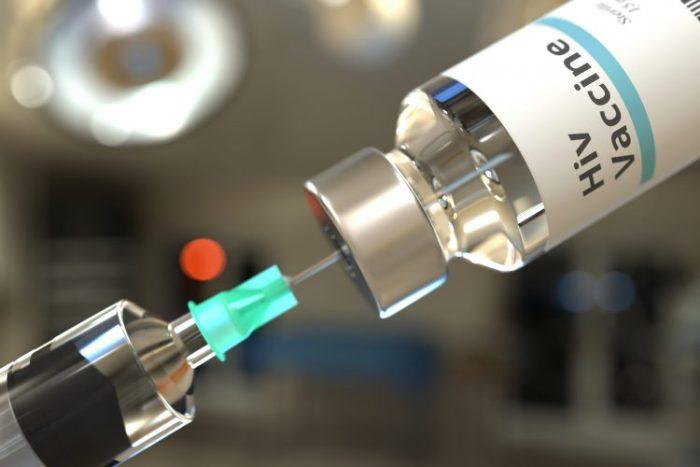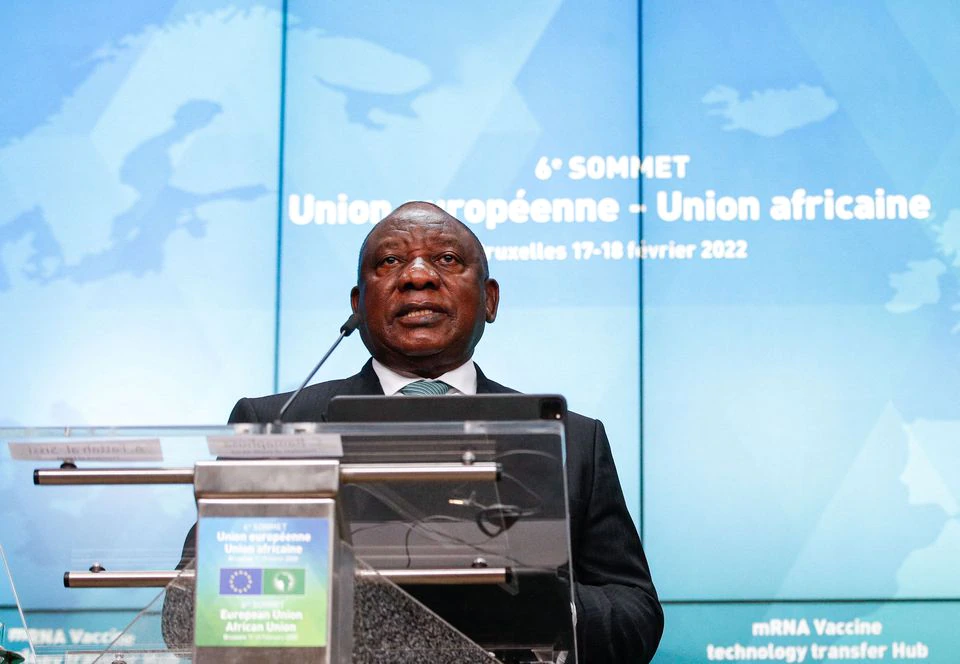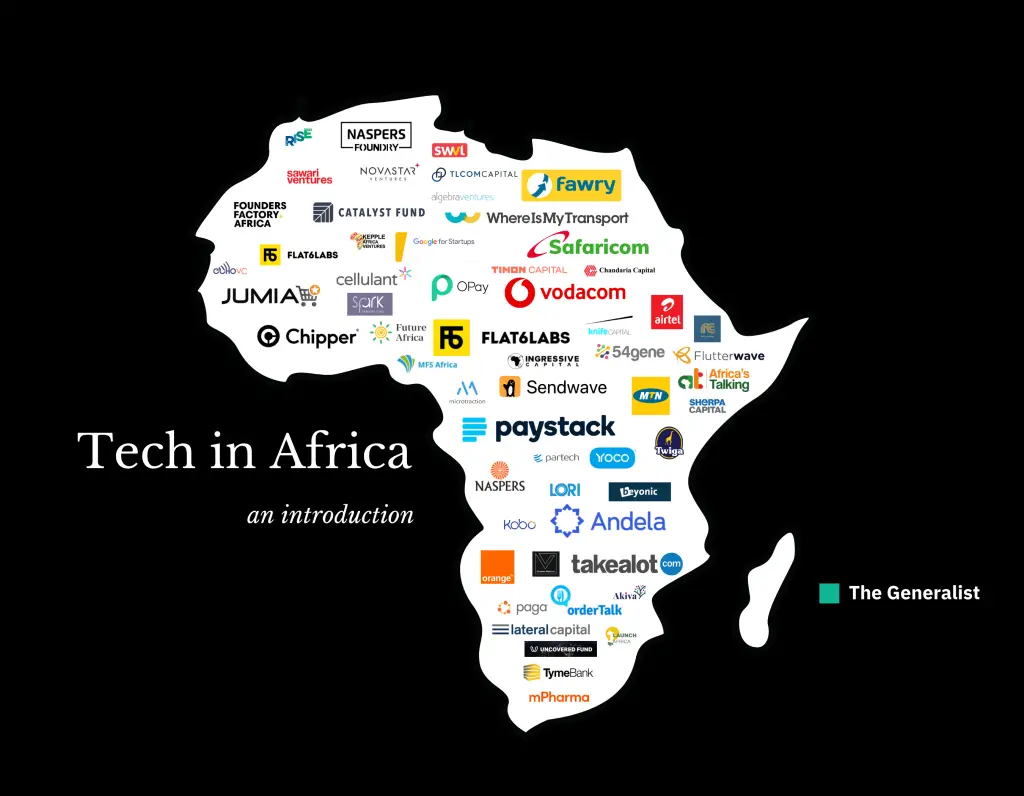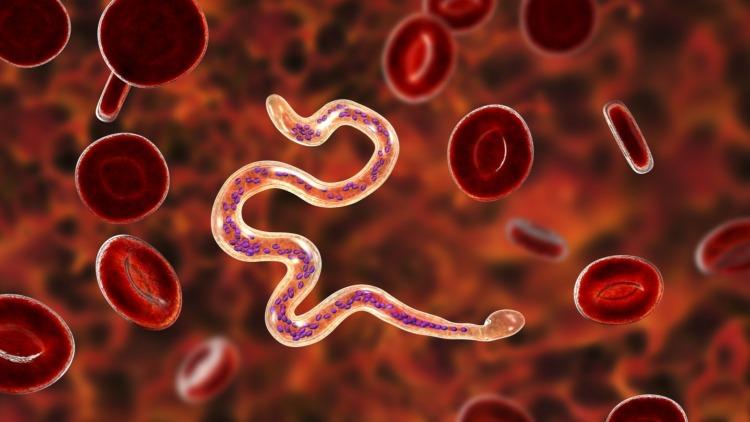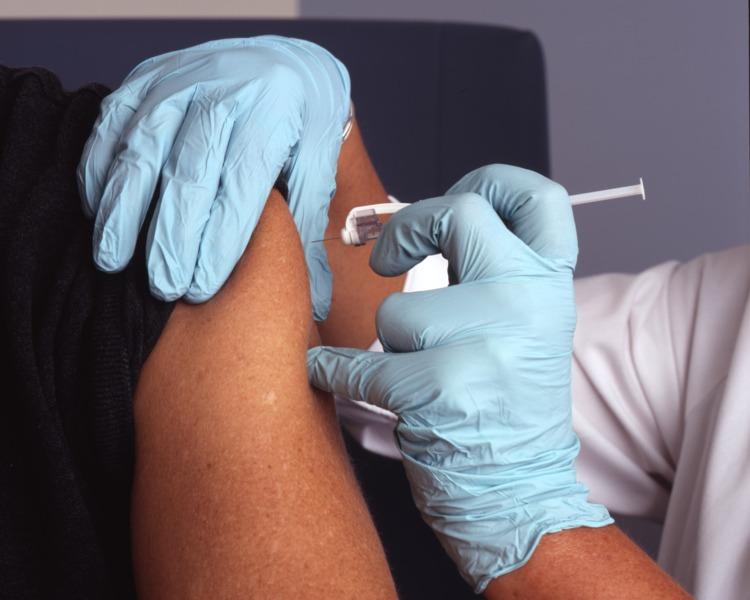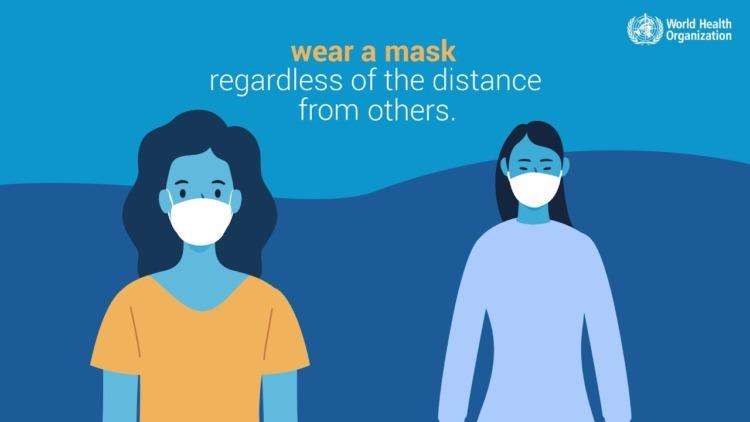- Africa’s new dawn: the rising role of digital and AI in agriculture
- Can Dangote Refinery Transform Africa Energy Ambition
- Gallup Survey: 80 per cent of Kenyan Workers Are Disengaged and Seek New Opportunities
- Madagascar Man Freed from 5KG Tumor After 15-Year Struggle
- How women in Africa are perceived and treated
- Sugar consumption in Kenya to Increase to 1.23 Million Tonnes
- Can Somalia and Turkey Oil deal Bring Change in Somaliland
- Remittances to Kenya dropped to $371.6 million in June, marking a six month low
Browsing: WHO
- Tanzania to earn $400 million annually from tobacco export/sells.
- The country now ranks second largest tobacco producer in Africa after Zimbabwe.
- Tobacco has no known health benefit. On the contrary, it causes disease, disability and premature death. Over 6 million people die globally every year from tobacco-related illnesses.
Tanzania has been ranked as the second-largest producer of tobacco in Africa, falling behind only neighboring Zimbabwe, even as tobacco’s toll worsens globally. The ranking comes after a bumper harvest in the year 2022/2023, as announced by Tanzania’s Minister for Agriculture, Hussein Bashe.
According to the minister, the country’s tobacco production has more than doubled over the last year alone to 122,858 tonnes in FY2023/2024 from 50,000 tonnes earlier.
As of December last year, the export value of tobacco stood at $316 million, and with the increase in output, the minister is confident that this year the country will attain its …
- WHO, CDC launch joint unit to improve disaster preparedness.
- JEAP has a mandate for disaster response across Africa.
- JEAP prioritises readiness, and collective efforts to fight public health emergencies.
The World Health Organization (WHO) and Africa Centres for Disease Control and Prevention (Africa CDC) have launched a partnership to tackle challenges arising from humanitarian crises associated with disasters.
Dubbed Joint Emergency Preparedness and Response Action Plan (JEAP), the unit is a five-year strategic collaboration to boost the continent’s overall emergency preparedness and response.
JEAP has the mandate to operate across Africa to ensure among other things, disease outbreaks during humanitarian crises are managed efficiently.
Power of partnerships in global health
“The JEAP underscores the shared vision of Africa’s two leading public health institutions – to strengthen the emergency preparedness and response and health systems on the continent,” reads a press communique shared at the turn of the week.
Read also:
…mRNA-1644 utilizes Moderna’s messenger RNA (mRNA) technology to deliver a specific class of B cells needed to develop broadly neutralizing antibodies (bnAbs) to fight HIV infection. Inducing bnAbs is considered the primary goal of an HIV vaccine, and this requires B-cell activation.
The primary trial endpoints are safety and immunogenicity. The IAVI-sponsored clinical trial, IAVI G003, will test the safety and efficacy of vaccination with the HIV immunogen eOD-GT8 60mer, delivered via Moderna’s mRNA platform. eOD-GT8 60mer was developed by IAVI and Scripps Research teams and was initially tested in phase 1 clinical trial IAVI G001.
According to Contagion Live, IAVI G003 is expected to enroll 18 healthy, HIV-negative adults. The participants will receive 2 doses of eOD-GT8 60mer mRNA, which contains a portion of the viral sequence but cannot cause HIV infection. They will be monitored for safety for 6 months after their second dose, and their immune responses …
Stavros Nicolaou, a Senior Executive at Aspen Pharmacare Group said in the absence of orders or commitments, Aspen is considering the repurposing of two COVID-19 production lines for the manufacture of other products.
“The continent would lose its only existing COVID vaccine manufacturing capacity, It would be a massive setback for Africa’s plans to localize and reduce its dependency on imported vaccines,” he said.
John Nkengasong, director of the Africa Centres for Disease Control and Prevention, said global health security would be undermined if companies like Aspen were not backed.…
- A sense of well-being encompasses a wide range of factors, including access to education and employment, as well as the lack of armed combat or threats
- Digitization has provided a cheap, secure source of finance to populations in need and improved government transparency in countries where graft and corruption are a huge concern.
- Technological change has also resulted in increased productivity which has in turn improved African’s standards of living
When we think about the quality of life, the first thing that comes to mind is the degree to which an individual is healthy, comfortable, and able to participate in or enjoy life events.
A sense of well-being encompasses a wide range of factors, including access to education and employment, as well as the lack of armed combat or threats.
It is also relative, subjective and has intangible components, such as spiritual beliefs and a sense of belonging.
Rapid
Getting treatment in Kenya’s medical institutions is akin to signing up for an expensive loan that may not be easy to service.
For instance, people who have opted to go to India say that the costs in the Asian nation are twice or thrice cheaper for the medical part. They thus opt to raise funds for the airfare and get the treatment outside Kenya.
Getting treatment in Kenya is financially draining since the National Health Insurance Fund is largely unreliable. The national scheme is the biggest insurer covering more than 90 per cent of the about eight million Kenyans with health insurance.
This means that no matter what kind of illness, the patient has to dig into their pockets despite the cover.…
Ending LF Elephantiasis as a public health problem in the three nations would make them the first cluster of countries in Africa to achieve the breakthrough.
This, following the announcement by the World Health Organisation (WHO) in January 2020 that Malawi had eliminated the disease as the second country in Africa, after Togo in 2017.
Elephantiasis is a Neglected Tropical Disease (NTD) which causes swelling and disfigurement and has left thousands of East Africans permanently disabled.…
- Africa’s death rates from COVID-19 infections are significantly higher in patients with diabetes
- The disease causes inflammation and poor blood circulation, both of which increase the risk of complications, including death, from COVID-19
- In addition to people with diabetes, the three most frequent underlying conditions included patients with HIV and hypertension
New data indicates that Africa’s sharp increase in diabetes is clashing with the COVID-19 pandemic and poor access to vaccines.
Africa’s death rates from COVID-19 infections are significantly higher in patients with diabetes, according to a preliminary analysis which the World Health Organization (WHO) presented today in advance of the World Diabetes Day on 14 November.
Dr Matshidiso Moeti, WHO Regional Director for Africa said the COVID-19 pandemic will eventually subside, but Africa is projected in the coming years to experience the highest increase in diabetes globally.
“We must act now to prevent new cases, vaccinate people who have …
In the past decade, Kenya has made tremendous advancements in increasing access to modern methods of contraception.
However, this has significantly reduced in the past year and experts are linking this downward trajectory to the recent global pandemic.
“In Kenya, contraceptives use among women of reproductive health has been on an upward trajectory from 37.2 percent in 2017/18 to 44 percent in 2019/2020. This rate has declined to 29.6% in 2020/21, due to disruption caused by the Covid-19 pandemic.(KHIS, 2021),” said Dr. Patrick Amoth the chairperson of the World Health Organisation (WHO) executive board.
Data from the Ministry of Health shows that the percentage of married women using modern methods of family planning has increased from 36% in 2007 to 61% currently. This has helped curb rapid population growth and drive development.
Also Read:Kenyan Government Steps up War Against Covid-19
“With the COVID-19 pandemic upending lives across the world, …
This is the message being emphasised by Africa Centres for Disease Control and Prevention (Africa CDC) as the world pushes for continuous usage of masks in a bid to stop the spread of COVID-19.
“As the pandemic continues to spread, we must fight against pandemic fatigue and continue masking to protect our friends, our families, our communities, and the world,” reads a statement from Africa CDC.
According to the World Health Organisation (WHO) every three weeks, the new Delta variant cases keep doubling. This is not a good sign. WHO data shows that a third wave has now been reported in 16 countries. This includes nine countries that are currently experiencing surging cases.
The World Health Organisation has classified each emerging variant as either a Variant of Concern (VOC) or a Variant of Interest (VOI). The Alpha, Beta, Gamma and Delta variants fall under Variants of Concern. Whereas the Eta, …





